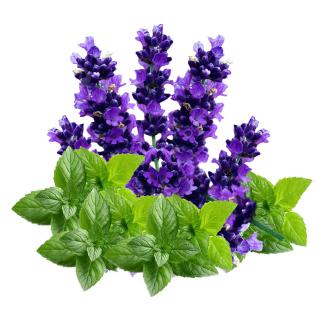
Forest bathing, also known as Shinrin-yoku in Japanese, is a practice that involves immersing yourself in a natural forest environment to promote physical, mental, and emotional well-being. While it may not directly boost your immune system in the way that a vaccine or medication does, there is evidence to suggest that spending time in nature and practicing forest bathing can have a positive impact on your overall health, which indirectly supports a strong immune system.
Here are some ways in which forest bathing can contribute to your overall well-being and, by extension, support your immune system:
- Stress Reduction: Spending time in nature and practicing forest bathing can reduce stress levels. High stress can weaken the immune system, so by reducing stress, you indirectly support immune function.
- Improved Mood: Forest bathing has been shown to elevate mood and reduce symptoms of depression and anxiety. A positive mental state can have a beneficial effect on your immune system.
- Enhanced Relaxation: Immersing yourself in the natural beauty of a forest promotes relaxation and mindfulness. When you are relaxed, your body is better equipped to fight off infections and illnesses.
- Increased Physical Activity: While forest bathing itself is not strenuous, it often involves gentle walking or movement. Regular physical activity is known to boost the immune system.
- Exposure to Phytoncides: Trees release organic compounds called phytoncides, which have been shown to have antimicrobial properties. Breathing in these compounds during forest bathing may help support immune function.
- Improved Sleep: Being in nature and practicing forest bathing can lead to better sleep quality. Adequate sleep is crucial for a strong immune system.
To make the most of your forest bathing experience:
- Choose a natural forest or green space.
- Turn off electronic devices to minimize distractions.
- Walk slowly and mindfully, using all your senses to engage with the environment.
- Take deep breaths and inhale the fresh air.
- Sit or lie down and simply observe the surroundings.
- Consider guided forest bathing sessions led by experienced practitioners.
While forest bathing can contribute to a holistic approach to health and well-being, it's essential to remember that maintaining a robust immune system also requires a balanced diet, regular exercise, adequate sleep, and other healthy lifestyle choices. Forest bathing can be a valuable addition to your wellness routine, but it should not replace these fundamental practices for supporting your immune system.






